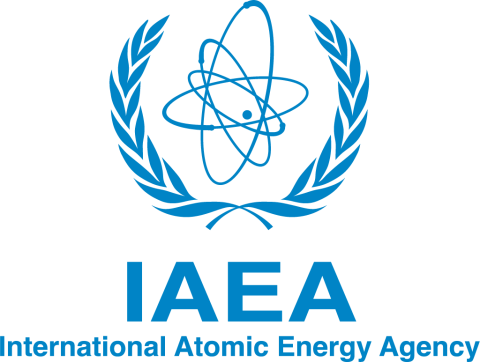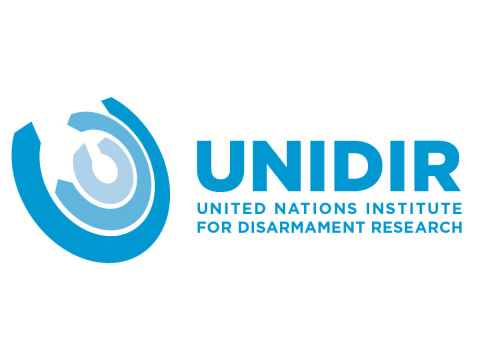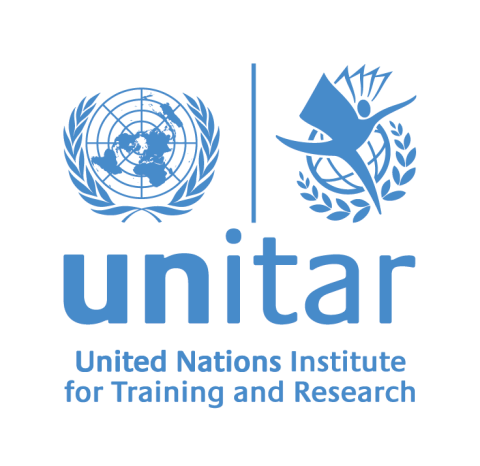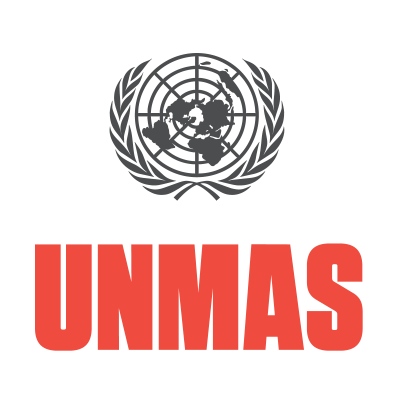
Breadcrumb
- تمت ترجمة هذه الصفحة باستخدام الترجمة الآلية. اقرأ المزيد.
مؤتمر نزع السلاح
تأسس مؤتمر نزع السلاح في عام 1979 باعتباره المنتدى الوحيد المتعدد الأطراف للتفاوض بشأن نزع السلاح في المجتمع الدولي. كما تشغل تاتيانا فالوفايا، المديرة العامة الحالية لمكتب الأمم المتحدة في جنيف، منصب الأمين العام لمؤتمر نزع السلاح فضلاً عن كونها الممثلة الشخصية للأمين العام للأمم المتحدة لدى المؤتمر.
خلال اجتماعاتها، التي تعقد ثلاث مرات في السنة، تركز الدول الأعضاء في المؤتمر البالغ عددها 65 دولة حالياً على المواضيع التالية:
- وقف سباق التسلح النووي ونزع السلاح النووي
- منع الحرب النووية، بما في ذلك جميع الأمور ذات الصلة
- منع سباق التسلح في الفضاء الخارجي
- ترتيبات دولية فعالة لضمان عدم استخدام الأسلحة النووية أو التهديد باستخدامها ضد الدول غير الحائزة للأسلحة النووية
- أنواع جديدة من أسلحة الدمار الشامل وأنظمة جديدة من هذه الأسلحة؛ الأسلحة الإشعاعية
- برنامج شامل لنزع السلاح
- الشفافية في مجال التسلح
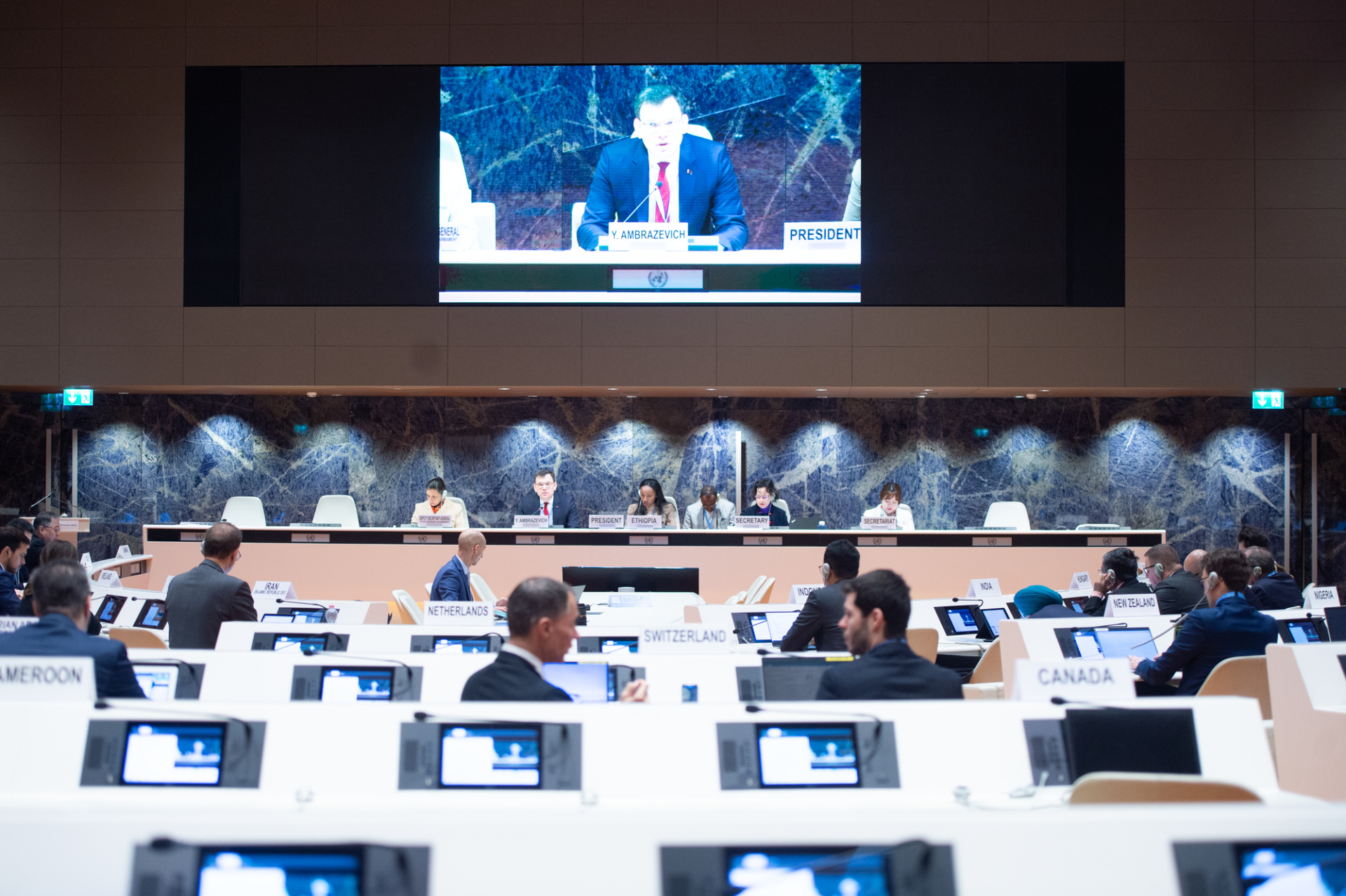
الاتفاقيات والمعاهدات المبرمة في جنيف
إن اتفاقية الألغام المضادة للأفراد هي المعاهدة التي تحظر لأسباب إنسانية استخدام الألغام المضادة للأفراد أو تطويرها أو إنتاجها أو تخزينها أو الاحتفاظ بها أو نقلها. وبالتالي فهي تهدف إلى وضع حد للمعاناة والإصابات الناجمة عن الألغام المضادة للأفراد، والتي تقتل أو تشوه كل عام الآلاف من المدنيين الأبرياء، وتعوق التنمية الاقتصادية وإعادة الإعمار، وتمنع عودة اللاجئين والنازحين داخلياً إلى أوطانهم.
كانت اتفاقية الأسلحة البيولوجية ، وهي أول معاهدة متعددة الأطراف لنزع السلاح تحظر إنتاج واستخدام فئة كاملة من الأسلحة، نتيجة لجهود مطولة بذلها المجتمع الدولي. وتُعقد جميع اجتماعات اتفاقية الأسلحة البيولوجية في جنيف وتتولى تقديم الخدمات لها وحدة دعم تنفيذ اتفاقية الأسلحة البيولوجية في فرع جنيف التابع لمكتب شؤون نزع السلاح.
وقد تم التوصل إلى اتفاقية الذخائر العنقودية في مؤتمر دبلن الدبلوماسي في عام 2008. وتنص الاتفاقية وقرارات الجمعية العامة ذات الصلة على المهام التي يضطلع بها الأمين العام للأمم المتحدة. وتشمل هذه المهام جمع ونشر تقارير الشفافية الوطنية، وتسهيل توضيح الامتثال؛ وعقد اجتماعات الدول الأطراف ومؤتمرات المراجعة.
إن اتفاقية حظر أو تقييد استعمال أسلحة تقليدية معينة تشكل أداة أساسية من أدوات القانون الإنساني الدولي، وتسعى ببروتوكولاتها الخمسة إلى حظر أو تقييد استعمال أنواع محددة من الأسلحة التي لها آثار عشوائية على المدنيين أو تسبب معاناة غير ضرورية للمقاتلين. ومنذ عام 2016، تدرس مجموعة من الخبراء الحكوميين في إطار اتفاقية حظر أو تقييد استعمال أسلحة تقليدية معينة التحديات المحتملة التي تفرضها التقنيات الناشئة في مجال أنظمة الأسلحة الفتاكة المستقلة. وتُعقد اجتماعات اتفاقية حظر أو تقييد استعمال أسلحة تقليدية معينة في جنيف، وتتولى تقديم الخدمات لها وحدة دعم تنفيذ اتفاقية حظر أو تقييد استعمال أسلحة تقليدية معينة في فرع جنيف التابع لمكتب شؤون نزع السلاح.
وفي مجال الأسلحة الصغيرة والأسلحة الخفيفة ومعاهدة تجارة الأسلحة ، يضمن فرع جنيف الاتصال مع مكتب شؤون نزع السلاح في نيويورك وكذلك مع المنظمات غير الحكومية والمنظمات الدولية التي تتخذ من جنيف مقراً لها، ويمثل المكتب في الاجتماعات ذات الصلة التي تعقد في جنيف.
وتستضيف الأمم المتحدة في جنيف أيضًا اجتماعات أخرى تتعلق بأدوات نزع السلاح مثل دورات المجلس الاستشاري المعني بمسائل نزع السلاح ، واللجنة التحضيرية لمؤتمرات مراجعة معاهدة منع الانتشار النووي ، ولجان الخبراء والندوات.
بحوث نزع السلاح
إن قاعدة المعرفة الداخلية للأمم المتحدة فيما يتعلق بالأسئلة المتعلقة بنزع السلاح تم بناؤها إلى حد كبير من قبل معهد الأمم المتحدة لبحوث نزع السلاح (UNIDIR) ومقره جنيف:
- كيف يمكننا استخدام الطاقة النووية مع تقليل مخاطر استخدام الأسلحة النووية؟
- ما هو الدور الذي يلعبه الذكاء الاصطناعي في الصراعات والحروب، وما هو الدور الذي يمكن أن يلعبه في نزع السلاح؟
- ما هي التداعيات الأمنية المترتبة على استكشافنا واستخدامنا المتزايد للفضاء؟
كل هذه الأسئلة يعالجها فريق الباحثين التابع للمعهد. ويتم نشر النتائج ومشاركتها مع الدول الأعضاء وأصحاب المصلحة الآخرين أثناء جلسات التدريب والمؤتمرات العالمية.

الاتصال بمكتب الأمم المتحدة لشؤون نزع السلاح في جنيف
المنظمات العاملة في مجال نزع السلاح
الوكالة الدولية للطاقة الذرية هي المركز العالمي للتعاون في المجال النووي. تم تأسيسها كمنظمة "الذرة من أجل السلام" في العالم في عام 1957 داخل أسرة الأمم المتحدة. تعمل الوكالة مع دولها الأعضاء والعديد من الشركاء في جميع أنحاء العالم لتعزيز التقنيات النووية الآمنة والمأمونة والسلمية.
تأسس معهد الأمم المتحدة الأقاليمي لأبحاث الجريمة والعدالة (UNICRI) في عام 1968 عملاً بقرار المجلس الاقتصادي والاجتماعي 1086 B (XXXIX) لعام 1965 ، الذي حث على توسيع أنشطة الأمم المتحدة في مجال منع الجريمة والعدالة الجنائية. المعهد مؤسسة مستقلة تابعة للأمم المتحدة ويديره مجلس أمنائه.
من خلال العمل ضمن [...]
يُجري معهد الأمم المتحدة لبحوث نزع السلاح (UNIDIR) - وهو معهد مستقل داخل الأمم المتحدة - أبحاثًا حول نزع السلاح والأمن بهدف مساعدة المجتمع الدولي في تفكيره وقراراته وجهوده في مجال نزع السلاح.
يقدم معهد الأمم المتحدة للتدريب والبحث (UNITAR) ، باعتباره ذراع تدريب مخصص لمنظومة الأمم المتحدة ، حلولًا تعليمية مبتكرة للأفراد والمنظمات والمؤسسات لتعزيز صنع القرار العالمي ودعم العمل على المستوى القطري من أجل تشكيل مستقبل أفضل.
تم إنشاء معهد الأمم المتحدة للتدريب والبحث (UNITAR) في عام 1963 [...]
تتعاون دائرة الأمم المتحدة للأعمال المتعلقة بالألغام مع 11 إدارة ووكالة وبرامج وصناديق أخرى تابعة للأمم المتحدة لضمان استجابة فعالة واستباقية ومنسقة لمشاكل الألغام الأرضية والمتفجرات من مخلفات الحرب ، بما في ذلك الذخائر العنقودية. تأسست دائرة الأمم المتحدة للأعمال المتعلقة بالألغام في عام 1997 لتكون [...]
يساعد فرع جنيف لمكتب شؤون نزع السلاح الدول الأعضاء في دعم جهود نزع السلاح وتحديد الأسلحة وعدم الانتشار الرامية إلى تحقيق هدف نزع السلاح العام الكامل في ظل رقابة دولية صارمة وفعالة.
يقدم الفرع الدعم الفني والتنظيمي وكذلك خدمات الاتصال لمجموعة واسعة من اتفاقات نزع السلاح المتعددة الأطراف والبرامج [...]
يتمتع مكتب الأمم المتحدة المعني بالمخدرات والجريمة (UNODC) بصلاحية جعل العالم أكثر أمانًا من المخدرات والجريمة المنظمة والفساد والإرهاب. تلتزم المنظمة بتحقيق الصحة والأمن والعدالة للجميع من خلال معالجة هذه التهديدات وتعزيز السلام والرفاهية المستدامة كرادع لها.
يعمل مسؤول الاتصال التابع لمكتب الأمم [...]

